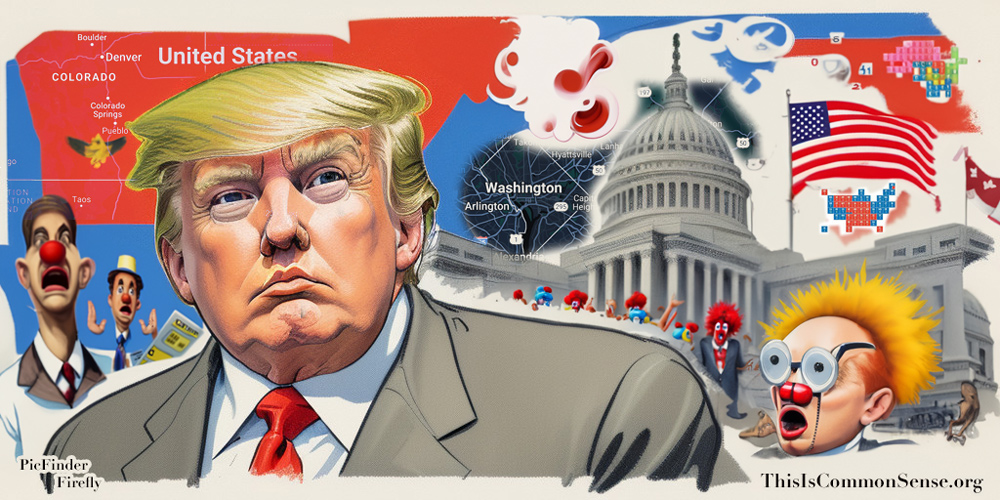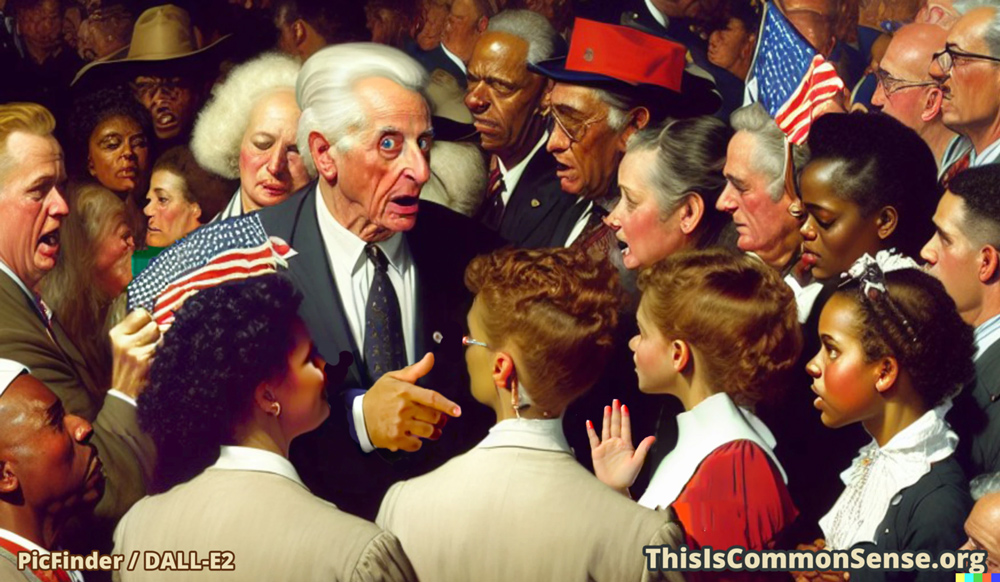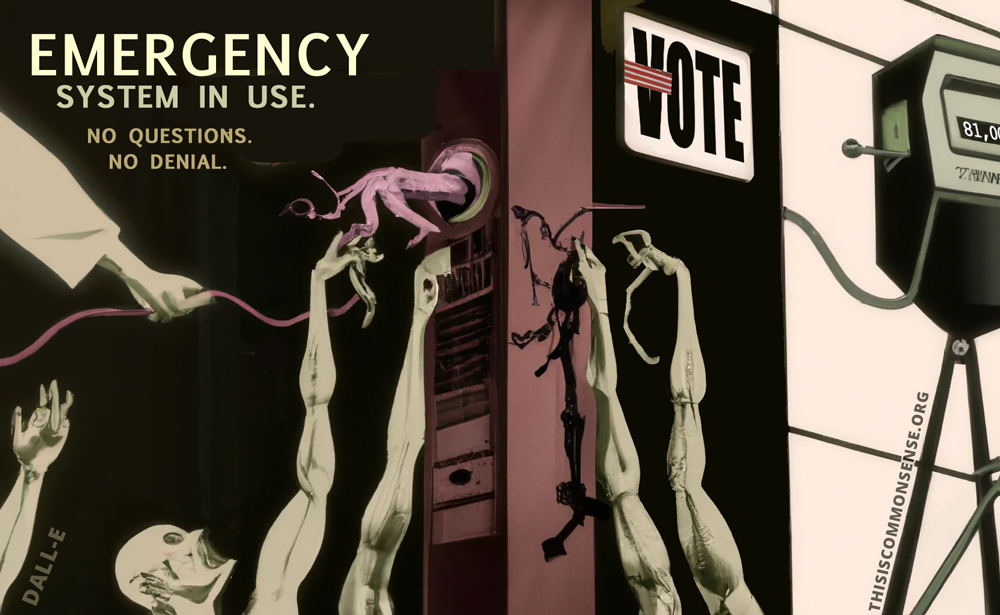How to spark a civil war?
“A divided Colorado Supreme Court on Tuesday declared former President Donald Trump ineligible for the White House under the U.S. Constitution’s insurrection clause and removed him from the state’s presidential primary ballot,” wrote David Knowles for Yahoo News. This will, of course, induce a “showdown in the nation’s highest court to decide whether the front-runner for the GOP nomination can remain in the race.”
The idea — half plausible, I suppose — is that President Trump’s actions on January 6 spurred an insurrection attempt, therefore he is ineligible to run for any federal office.
But emphasize the half-plausible, since, no matter how often Democrats repeat it, the rally-turned-mini-riot-turned-incursion into the Capitol Building did not amount to anything like an insurrection. Capitol Hill interlopers on January 6 were neither prepared nor demonstrating a plan to overthrow the peaceful succession of power.
They certainly didn’t try to take over the government.
Nor has Mr. Trump been convicted of any such thing.
But, as we all know, this is a controversial matter falling mostly on partisan lines (the Colorado State Supreme Court being made up entirely of Democratic
The state-by-state lawsuits have been sponsored by progressive interest groups trying, desperately, to stop Donald Trump from pulling off a Grover Cleveland: returning to office after a fluke one-term “pause.”
Yet, even if the Supreme Court balks at putting down this too-clever-by-half-plausible scheme, the best Democrats could hope for is preventing Trump from running in blue states with blue courts. Trump might still win despite not being on some state ballots.
Or lose in an election obviously rigged because he is barred.
A recipe for deep distrust, resentment and anger.
This is Common Sense. I’m Paul Jacob.
Illustration created with PicFinder and Firefly
—
See all recent commentary
(simplified and organized)





